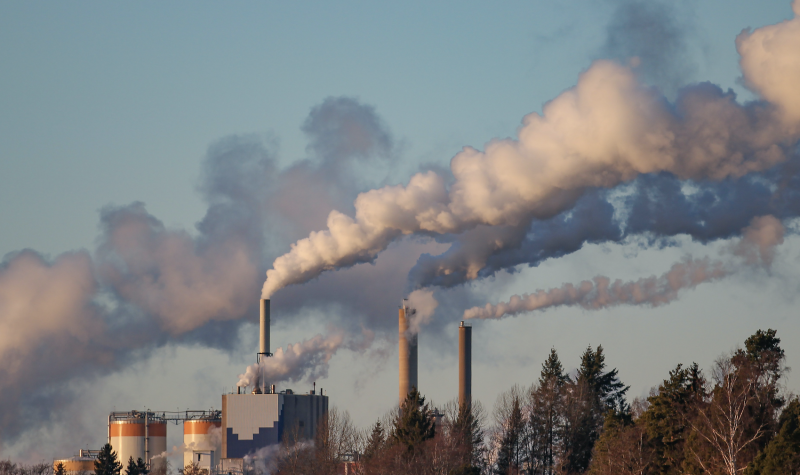“I really had to recruit and convince these people to give their time to this project,” Jones said.
Environmental racism is defined as racial discrimination in environmental policy, according to the panel.
“Think about health concerns for any community around clean water, proper sewage, having a municipal dump in your area, having a factory putting in toxic waste to your community,” Jones said.
“The racism part comes in because we found there was a disproportionate amount of Indigenous and Black communities that have all of those toxic elements within them,” Jones added.
Jones said the panel is going to be taking the Sankofa method—looking back to go forward.
“We have to start out by validating historical instances of environmental racism such as Boat Harbour and Pictou First Nations,” Jones said.
Pictou Landing First Nations, a Mi'kmaw community were told the lagoon put in over 50 years ago would be good for tourism.
The lagoon became a poisoned dumping ground for pulp mill waste until the federal government allocated $100 million to help clean up Boat Harbour.
“It’s trying to link what we can do to try and eradicate these types of things happening to communities,” Jones said.
The panel will look at what policies and legislation needs to be put in place to protect these communities from environmental racism and what climate change initiatives can be applied to heal their environments and restore justice, Augy explained.
The panel will meet for the first time in early August.
Listen to the story below:


